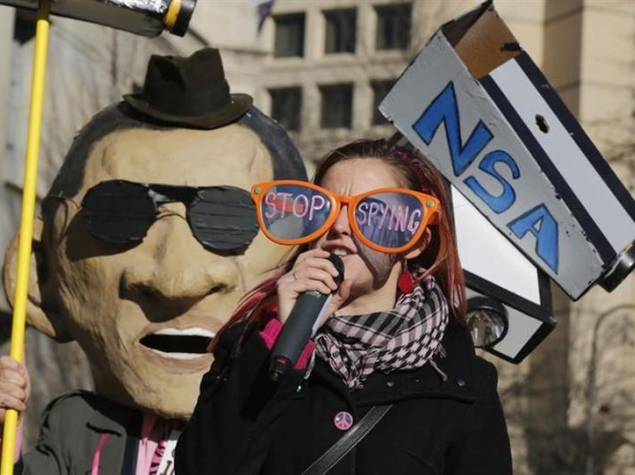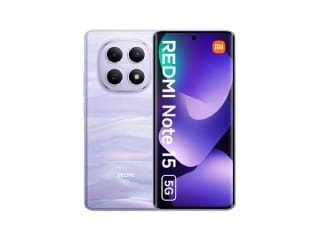- Home
- Internet
- Internet News
- US Court to Hear Appeals Over Keeping US Demands for Telecom Records Secret
US Court to Hear Appeals Over Keeping US Demands for Telecom Records Secret

A lower court judge in San Francisco previously ruled such gag orders were unconstitutional in a lawsuit filed by an undisclosed telecom company. The government's appeal of that decision will be heard by the 9th U.S. Circuit Court of Appeals.
Tech companies have sought to clarify their relationships with U.S. law enforcement and spying agencies, especially after revelations by former National Security Agency contractor Edward Snowden that outlined the depth of U.S. spying capabilities.
Twitter, for instance, sued the U.S. Department of Justice on Tuesday following months of fruitless negotiations over how much information the company could disclose about government surveillance.
In the case at the 9th Circuit, the plaintiff telecom company says the FBI's gag orders surrounding so-called "national security letters" represent an "unprecedented grant of authority" and violate the First Amendment.
The government, meanwhile, calls such secrecy "vital" in national security cases because public disclosure could interfere with the probe or endanger someone's physical safety.
Tech companies including Google Inc, Microsoft Corp and Facebook Inc filed legal arguments against the government in the case.
The government may not "foist a gag order upon the involuntary recipient of an NSL," the companies wrote, "let alone prohibit the recipient from even reporting periodically the aggregate number of such demands that it receives."
The case will be heard by Judges Sandra Ikuta, N.R. Smith and Mary Murguia. Ikuta and Smith were both nominated by President George W. Bush, and Murguia was a President Barack Obama nominee.
The case in the 9th Circuit is Under Seal vs. Eric Holder Jr., 13-1597.
© Thomson Reuters 2014
Catch the latest from the Consumer Electronics Show on Gadgets 360, at our CES 2026 hub.
Related Stories
- Samsung Galaxy Unpacked 2025
- ChatGPT
- Redmi Note 14 Pro+
- iPhone 16
- Apple Vision Pro
- Oneplus 12
- OnePlus Nord CE 3 Lite 5G
- iPhone 13
- Xiaomi 14 Pro
- Oppo Find N3
- Tecno Spark Go (2023)
- Realme V30
- Best Phones Under 25000
- Samsung Galaxy S24 Series
- Cryptocurrency
- iQoo 12
- Samsung Galaxy S24 Ultra
- Giottus
- Samsung Galaxy Z Flip 5
- Apple 'Scary Fast'
- Housefull 5
- GoPro Hero 12 Black Review
- Invincible Season 2
- JioGlass
- HD Ready TV
- Laptop Under 50000
- Smartwatch Under 10000
- Latest Mobile Phones
- Compare Phones
- Samsung Galaxy A07 5G
- Vivo Y500i
- OnePlus Turbo 6V
- OnePlus Turbo 6
- Itel Zeno 20 Max
- OPPO Reno 15 Pro Mini 5G
- Poco M8 Pro 5G
- Motorola Signature
- Lenovo Yoga Slim 7x (2025)
- Lenovo Yoga Slim 7a
- Realme Pad 3
- OPPO Pad Air 5
- Garmin Quatix 8 Pro
- NoiseFit Pro 6R
- Haier H5E Series
- Acerpure Nitro Z Series 100-inch QLED TV
- Asus ROG Ally
- Nintendo Switch Lite
- Haier 1.6 Ton 5 Star Inverter Split AC (HSU19G-MZAID5BN-INV)
- Haier 1.6 Ton 5 Star Inverter Split AC (HSU19G-MZAIM5BN-INV)
















